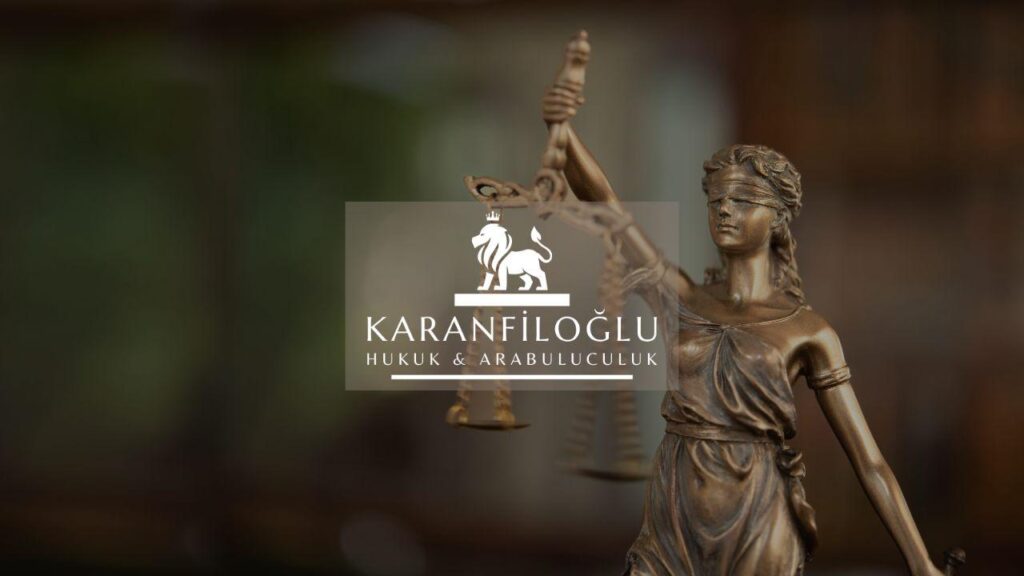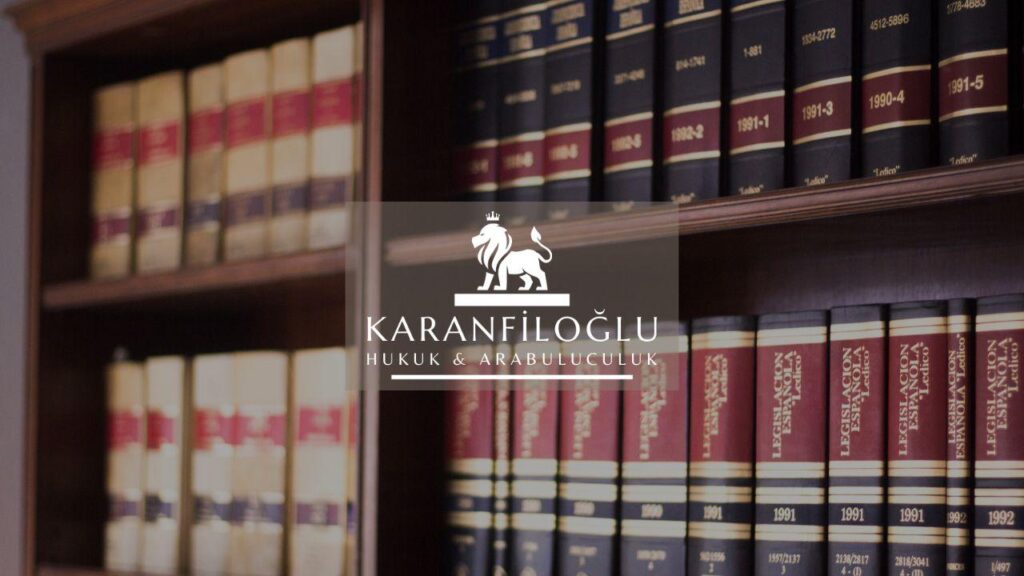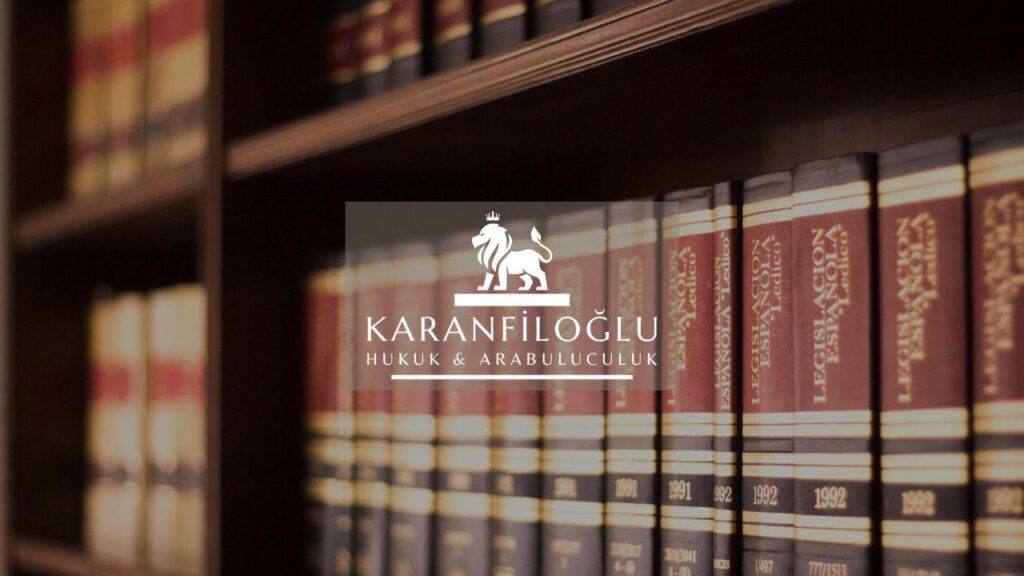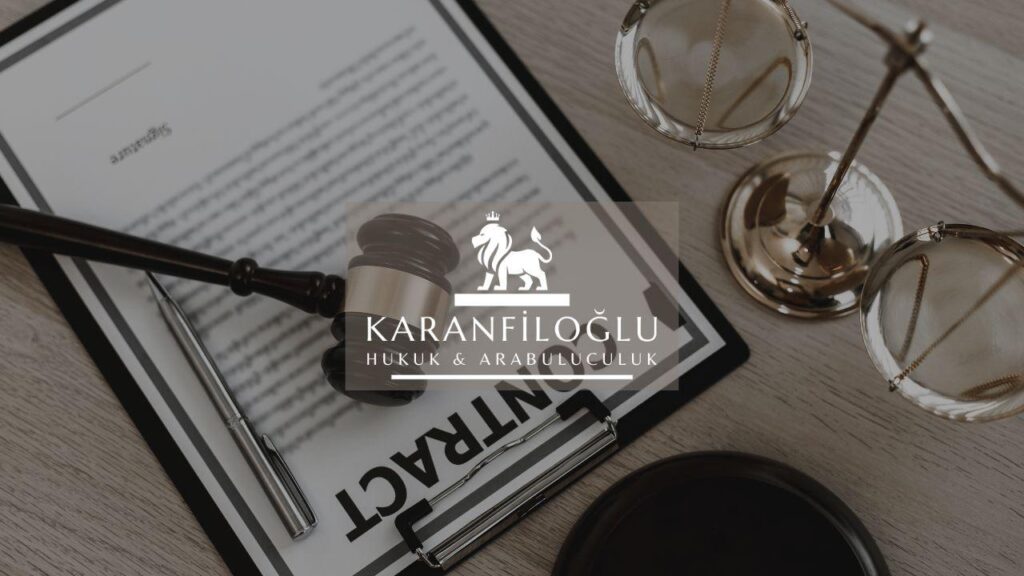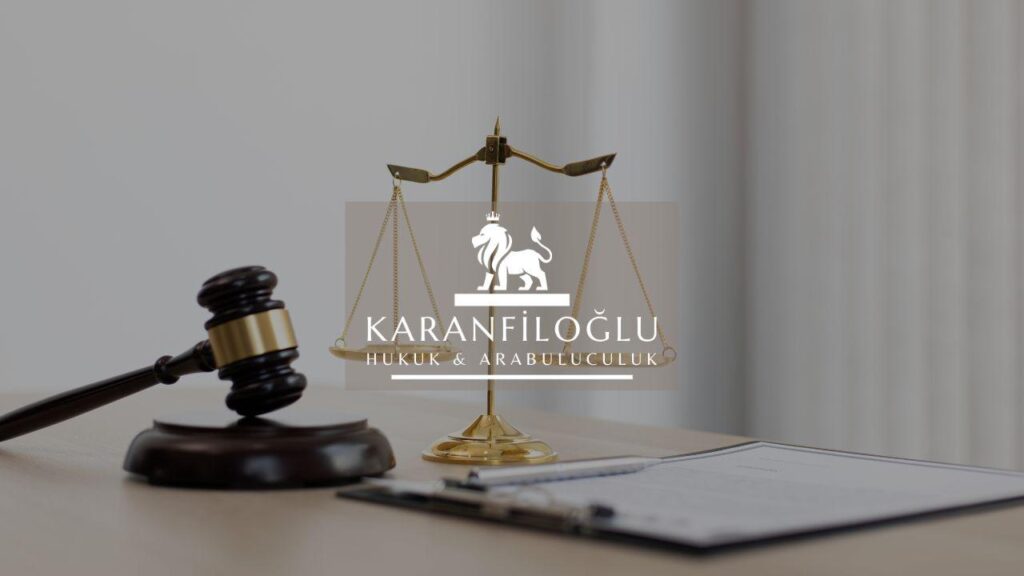Navigating the complexities of employment law, particularly in the context of disciplinary actions, is essential for employers in Turkey to safeguard their legal standing and maintain workplace harmony. At Karanfiloğlu Law Office, we understand the meticulous requirements set forth by the Turkish Labor Law No. 4857 and its accompanying regulations. Properly handling disciplinary procedures involves adherence to Articles 18 and 19, which outline the justified reasons for termination and the procedural requirements necessary to establish fairness in these actions. Moreover, Article 25 details situations under which immediate termination for justified causes is permissible, highlighting the importance of lawful documentation and impartial conduct throughout the process. Employers must also consider the collective bargaining agreements and workplace codes of conduct under Turkish law, ensuring disciplinary measures align with both statutory and contractual obligations. Our experienced legal team is adept at guiding businesses through these intricate processes, ensuring compliance and the protection of workers’ rights.
Understanding Disciplinary Procedures in Turkey
In Turkey, understanding disciplinary procedures is crucial for employers to prevent legal disputes and to preserve a fair working environment. The Turkish Labor Law No. 4857 sets the foundation for disciplinary measures, emphasizing the significance of Article 18, which requires employees to be given valid reasons for any disciplinary action, including termination. Procedural fairness is further reinforced by Article 19, stipulating that disciplinary actions must be accompanied by proper documentation to justify the employer’s decisions. Additionally, Article 25 outlines situations that warrant immediate termination, such as severe misconduct or dishonesty by the employee. Employers are also obliged to honor any stipulations detailed in collective bargaining agreements and internal regulations, ensuring these align with statutory requirements. By adhering to these legal mandates, businesses can foster transparency and fairness in the workplace, safeguarding themselves against potential legal repercussions and maintaining robust employer-employee relations.
Effective communication is key in any disciplinary procedure under Turkish employment law. Employers should ensure all disciplinary policies are clearly communicated to employees, which is often facilitated by including them in the employee handbook or workplace regulation documents, as required by Article 2 of the Labor Law No. 4857. To further avoid disputes, it’s beneficial for employers to practice consistency in enforcing these regulations, ensuring that similar infractions are met with similar consequences, thereby affirming the principles of fairness and impartiality. Notably, the use of a disciplinary committee, as mandated in some sectors by collective bargaining agreements, can aid in maintaining neutrality during the evaluation of misconduct. Transparent procedures not only protect the employer but also offer employees reassurance that disciplinary actions are handled lawfully, thus promoting trust and morale within the workforce. At Karanfiloğlu Law Office, we guide employers in crafting and enforcing well-defined disciplinary policies aligned with legal standards.
In navigating disciplinary procedures, documentation plays a pivotal role in substantiating the actions taken by employers. As emphasized by Article 19 of the Turkish Labor Law No. 4857, written notices that specify the reasons for disciplinary action are essential, ensuring that the process is transparent and duly documented. Employers should diligently record all incidents leading to disciplinary actions, along with maintaining meticulous records of previous infractions and any warnings issued. This robust documentation serves as critical evidence in the event of a dispute, upholding the employer’s position while simultaneously safeguarding the rights of the employee. Furthermore, such records can be instrumental during potential legal proceedings, as they demonstrate the employer’s commitment to fair and objective disciplinary practices. At Karanfiloğlu Law Office, we understand the intricacies involved in these processes and offer our expert legal guidance to help employers meticulously document and manage disciplinary actions, ensuring compliance with Turkish employment law.
Ensuring Compliance with Labor Laws during Disciplinary Actions
In the realm of Turkish employment law, maintaining compliance during disciplinary actions is critical to avoid legal repercussions and maintain a fair workplace environment. Employers must strictly follow the stipulations outlined in Article 18 of the Turkish Labor Law No. 4857, which specifically lists the valid grounds for termination. Additionally, Article 19 ensures that the employer respects procedural fairness by providing written notification to the employee detailing the reasons for disciplinary action or termination. Proper adherence to these articles not only guards against allegations of unjust dismissal but also fortifies the employer’s position should disputes arise. Companies should also remain vigilant regarding collective labor agreements and internal regulations, as these documents often contain additional stipulations that may influence disciplinary practices. Consulting with legal professionals, such as those at Karanfiloğlu Law Office, can help navigate these complexities and ensure disciplinary actions are conducted within the legal framework, thereby protecting both the company’s and the employees’ rights.
Employers must also be mindful of the provisions under Article 25 of the Turkish Labor Law No. 4857, which delineates circumstances justifying the immediate termination of an employee’s contract for serious misconduct or breach of trust. This article requires employers to address such terminations with exhaustive documentation and without undue delay to support their actions legally. Adherence to these legal standards is crucial; failure to comply can result in reinstatement orders or compensation claims under the law. Moreover, companies should ensure that any disciplinary measures align with the specific terms of collective bargaining agreements, which might provide additional protections for employees or stipulate distinct procedural checks. Our expert team at Karanfiloğlu Law Office can assist in drafting or reviewing internal disciplinary codes and procedures to ensure they seamlessly integrate with both statutory requirements and contractual obligations, thus mitigating potential legal challenges.
To effectively manage disciplinary actions within the legal boundaries, it is imperative for employers to establish clear and comprehensive internal policies that reflect the principles set forth in the Turkish Labor Law while considering sector-specific regulations. Training management staff to understand and implement these policies fairly can help foster an environment of transparency and consistency. Regular evaluations of disciplinary procedures and updates to internal policies can ensure alignment with any changes in labor laws or collective agreements. Employers should also be prepared to engage in open communication with their employees, offering avenues for feedback and resolution to mitigate misunderstandings and disputes. At Karanfiloğlu Law Office, we provide specialized services to assist companies in crafting and revising their disciplinary frameworks, ensuring legal compliance and promoting a harmonious workplace. By adopting a proactive approach to handling disciplinary matters, employers can protect themselves from potential liabilities and uphold a respectful and equitable workplace culture.
Protecting Employee Rights while Enforcing Workplace Discipline
When enforcing workplace discipline, it is crucial for employers to balance authority with the protection of employee rights, as stipulated by the Turkish Labor Law No. 4857. Employers must ensure that disciplinary actions are nondiscriminatory and transparent, adhering to the fundamental principles of equality outlined in Article 5 of the Labor Law. These provisions prohibit discrimination based on language, race, gender, political opinion, or similar considerations, thereby safeguarding employees against biased treatment. Furthermore, employees should be given the opportunity to present their defense prior to the imposition of disciplinary measures, as mandated by Article 109 of the Code of Obligations No. 6098, which emphasizes the right to a fair hearing. Respecting these legal requirements not only minimizes the risk of disputes and potential litigation but also fosters a more trusting and cooperative work environment, encouraging both compliance and mutual respect between employers and employees.
An essential aspect of enforcing disciplinary actions while protecting employee rights is the comprehensive documentation of all proceedings, as underscored by relevant Turkish laws. Article 19 of the Labor Law No. 4857 requires employers to provide written notice of disciplinary decisions, ensuring that employees are fully aware of the reasons and evidence supporting the actions taken against them. This transparency not only aids in defending the employer’s actions during potential disputes but also reinforces the employee’s right to understand and contest any charges. The meticulous recording of disciplinary actions, including witness statements and disciplinary committee findings, can serve as vital evidence if the matter escalates to court. By establishing a clear, documented process, employers at Karanfiloğlu Law Office can help clients effectively manage disciplinary issues while maintaining a commitment to upholding employee rights, resulting in a fairer and more predictable employment relationship.
At Karanfiloğlu Law Office, we emphasize the importance of respecting both legal and ethical frameworks when managing workplace discipline to protect employee rights effectively. The involvement of a designated disciplinary board, as often recommended in workplace codes of conduct and collective bargaining agreements, lends objectivity and fairness to the disciplinary process. This ensures that any action taken is not only legally compliant but also perceived as equitable by the workforce. Furthermore, the role of alternative dispute resolution mechanisms, such as mediation outlined in the Labor Law, plays a critical part in resolving conflicts amicably and efficiently before they necessitate legal intervention. By embracing these practices, employers can demystify the disciplinary process, uphold their obligations under Turkish law, and foster a supportive atmosphere that encourages dialogue and collaboration. Our legal team, familiar with both statutory requirements and best practices, offers tailored advice to help employers navigate these challenges while fostering a constructive and legally compliant workplace.
Disclaimer: This article is for general informational purposes only and you are strongly advised to consult a legal professional to evaluate your personal situation. No liability is accepted that may arise from the use of the information in this article.

